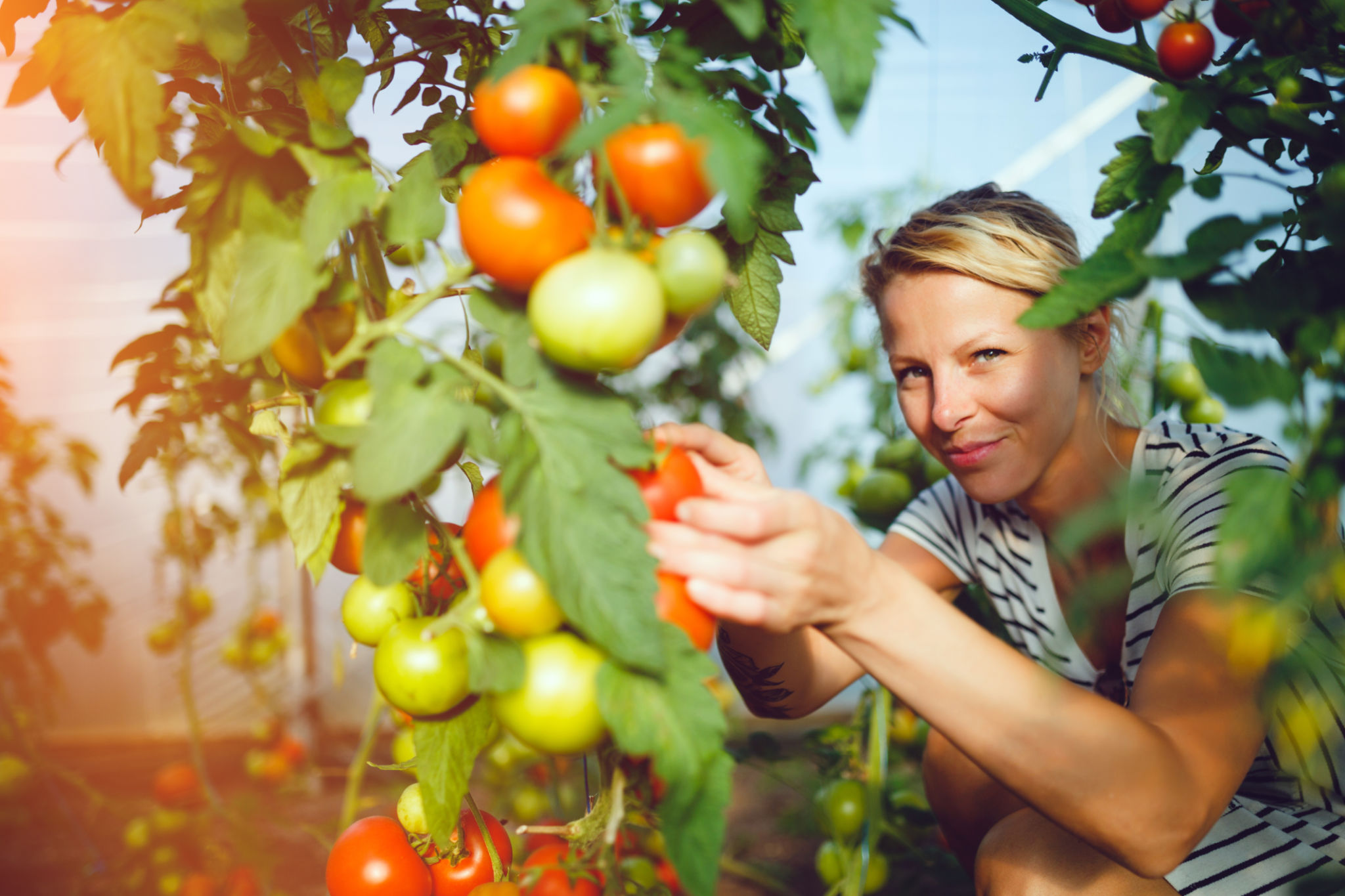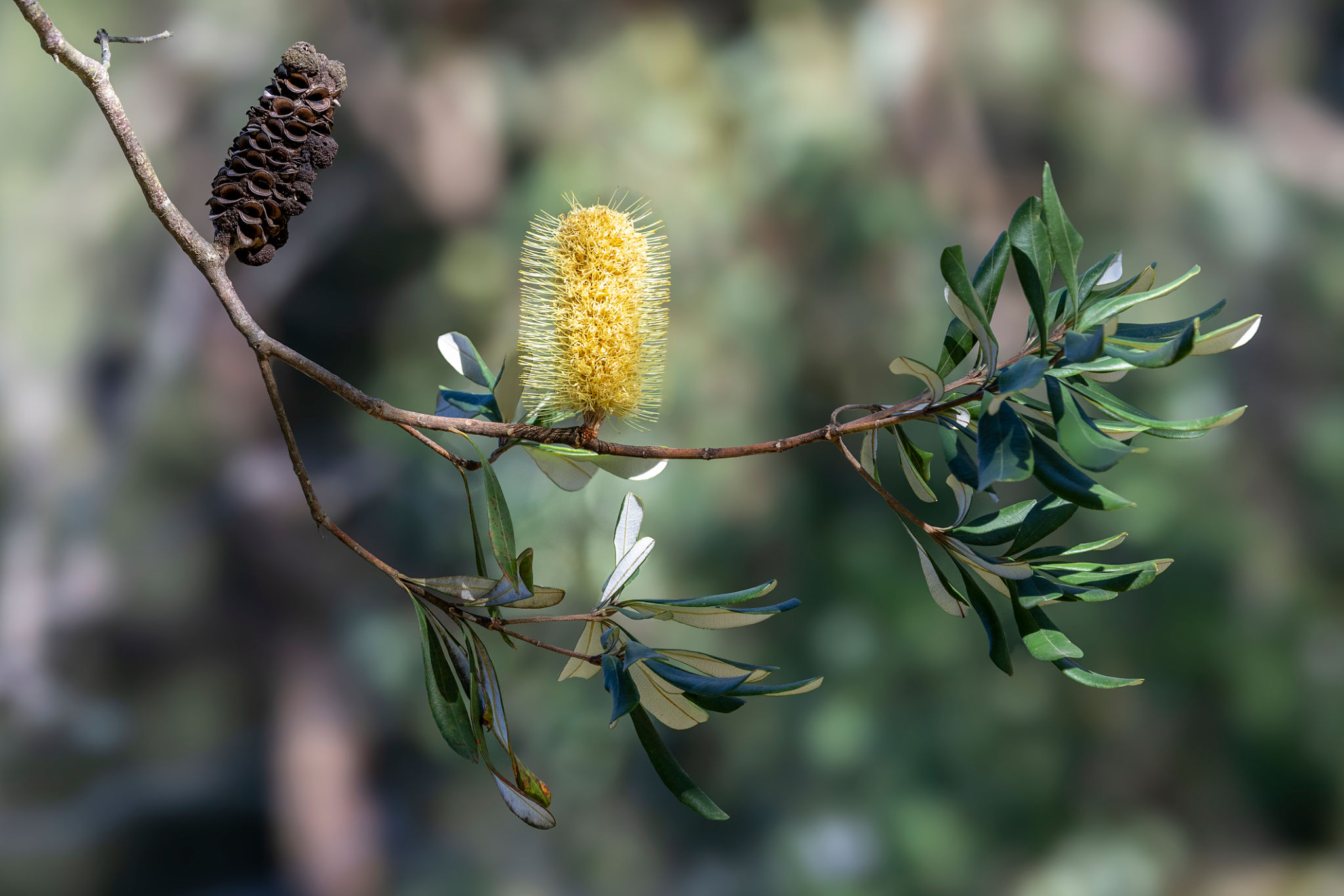How to Create a Sustainable Garden in Dornsife: Tips and Tricks
Understanding the Basics of Sustainable Gardening
Creating a sustainable garden in Dornsife involves understanding the principles that make a garden environmentally friendly. A sustainable garden minimizes resource use while maximizing biodiversity and soil health. It requires thoughtful planning and ongoing care. By implementing sustainable practices, you can contribute to a healthier planet while enjoying a beautiful and productive garden.
Start by assessing your garden space. Consider the local climate, soil type, and sunlight exposure. These factors will guide you in selecting plants that are naturally suited to your environment, reducing the need for excessive watering and chemical inputs. Additionally, think about how you can incorporate native plants, which are adapted to local conditions and require less maintenance.

Selecting the Right Plants
Choosing the right plants is crucial for a sustainable garden. Opt for native species that thrive in Dornsife's climate. These plants are more resistant to local pests and diseases, reducing the need for chemical treatments. Additionally, they support local wildlife, providing habitats and food sources for birds and pollinators.
Consider incorporating a mix of perennials, annuals, and shrubs to ensure year-round interest and ecological balance. Perennials, in particular, are beneficial because they return year after year, requiring less energy to maintain. They also help improve soil structure and retain moisture.

Soil Management Techniques
Healthy soil is the foundation of any sustainable garden. Start by testing your soil to understand its nutrient levels and pH balance. This information will help you make informed decisions about amendments and fertilizers. Use organic compost to enrich the soil naturally, improving its structure and fertility.
Practice crop rotation and cover cropping to maintain soil health. Crop rotation prevents nutrient depletion and reduces pest buildup, while cover crops protect the soil from erosion and add organic matter when tilled under. These practices promote a rich, fertile soil teeming with beneficial microorganisms.

Water Conservation Strategies
Water is a precious resource, so conserving it is essential for sustainability. Implement a rainwater harvesting system to collect water from rooftops, which can then be used for irrigation. Drip irrigation systems are also effective, as they deliver water directly to the plant roots with minimal evaporation loss.
Mulching is another key strategy for reducing water usage. By covering the soil with organic mulch, you can retain moisture, suppress weeds, and regulate soil temperature. Choose mulch materials like straw, wood chips, or grass clippings for best results.
Encouraging Biodiversity
A diverse garden ecosystem supports sustainability by attracting beneficial insects and wildlife. Plant a variety of flowering plants to attract pollinators such as bees and butterflies. These creatures play a vital role in plant reproduction and help control pest populations naturally.
Create habitats for other wildlife by incorporating features like birdhouses, bat boxes, and insect hotels. These structures provide shelter and encourage a balanced ecosystem where predators keep pests in check without chemical intervention.

Maintaining Your Sustainable Garden
Regular maintenance is key to sustaining your garden's health and productivity. Prune plants as needed to ensure good air circulation and prevent disease. Monitor for pests regularly, using natural pest control methods such as introducing beneficial insects or using neem oil when necessary.
Continue to enrich your soil with organic matter each season and adjust your planting strategies based on what works best for your space. By staying engaged with your garden's changing needs, you'll foster a thriving environment year after year.
Community Engagement and Sharing Resources
Sustainable gardening is not just about individual efforts; it involves community collaboration as well. Engage with local gardening groups or community gardens in Dornsife to share resources, tips, and experiences. By working together, you can create a stronger network of sustainable gardeners who support each other's endeavors.
Consider hosting workshops or participating in local gardening events to spread awareness about sustainable practices. Sharing knowledge with others can inspire more people to adopt environmentally friendly gardening techniques, amplifying the positive impact on the community.

